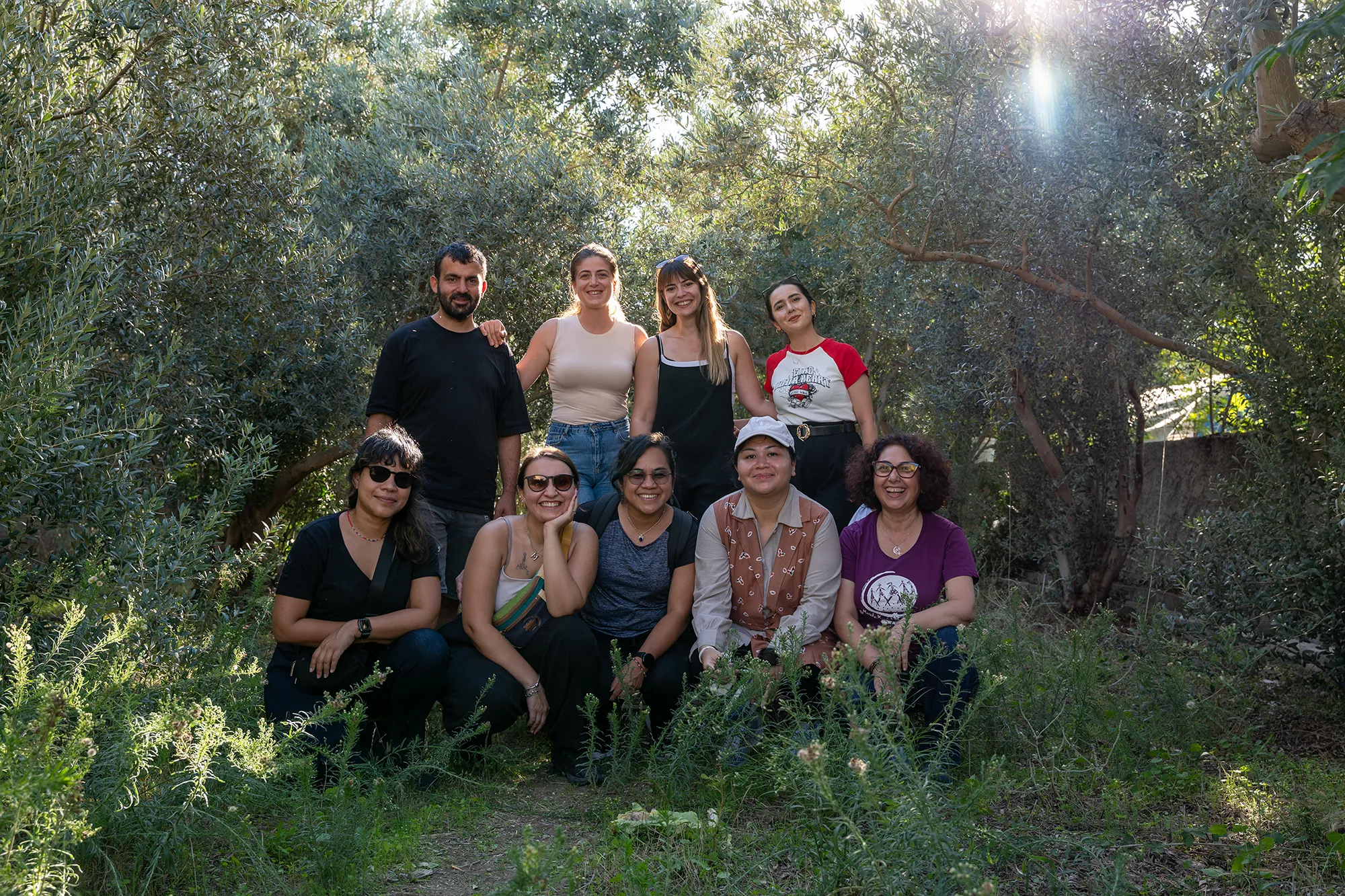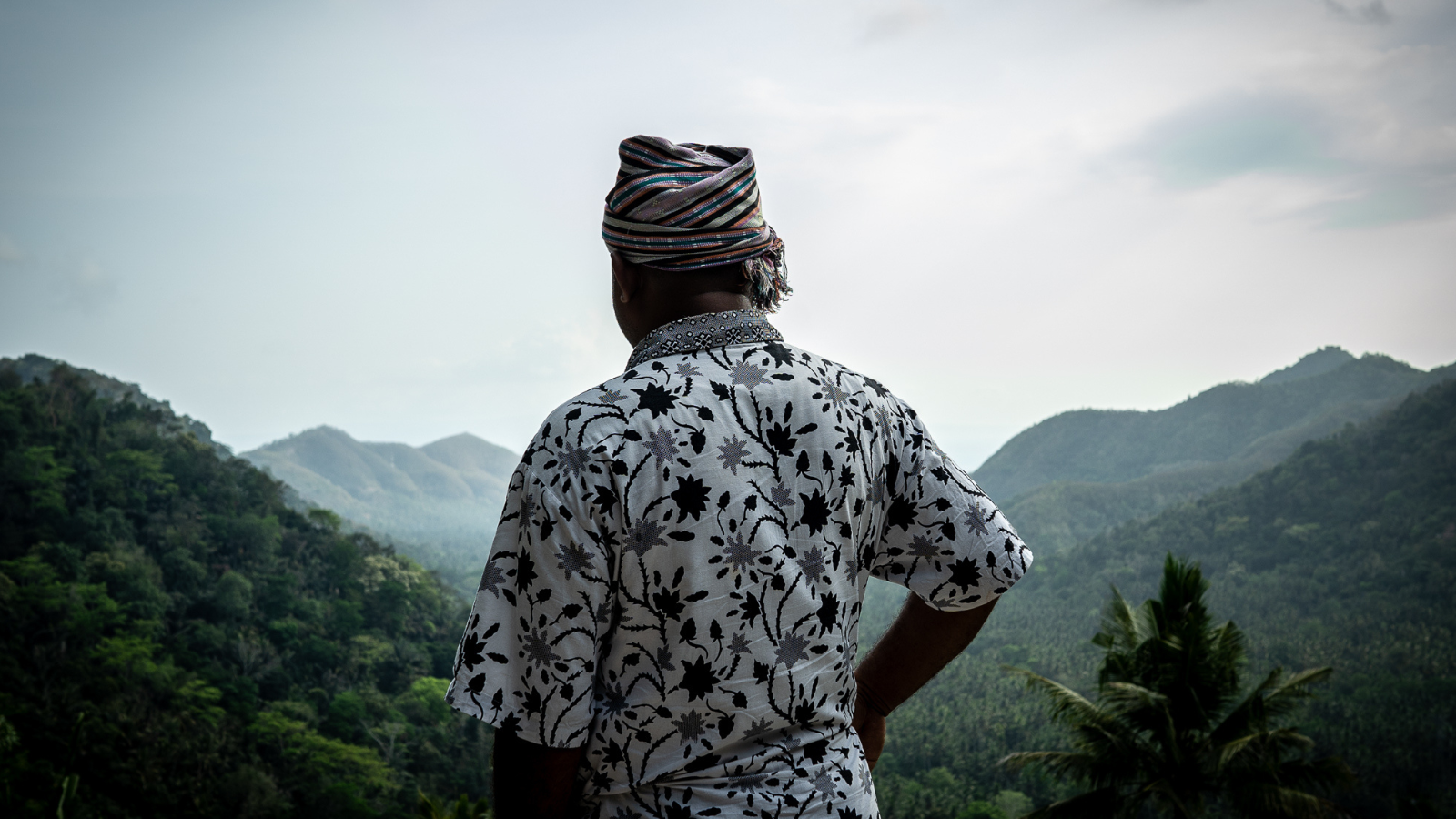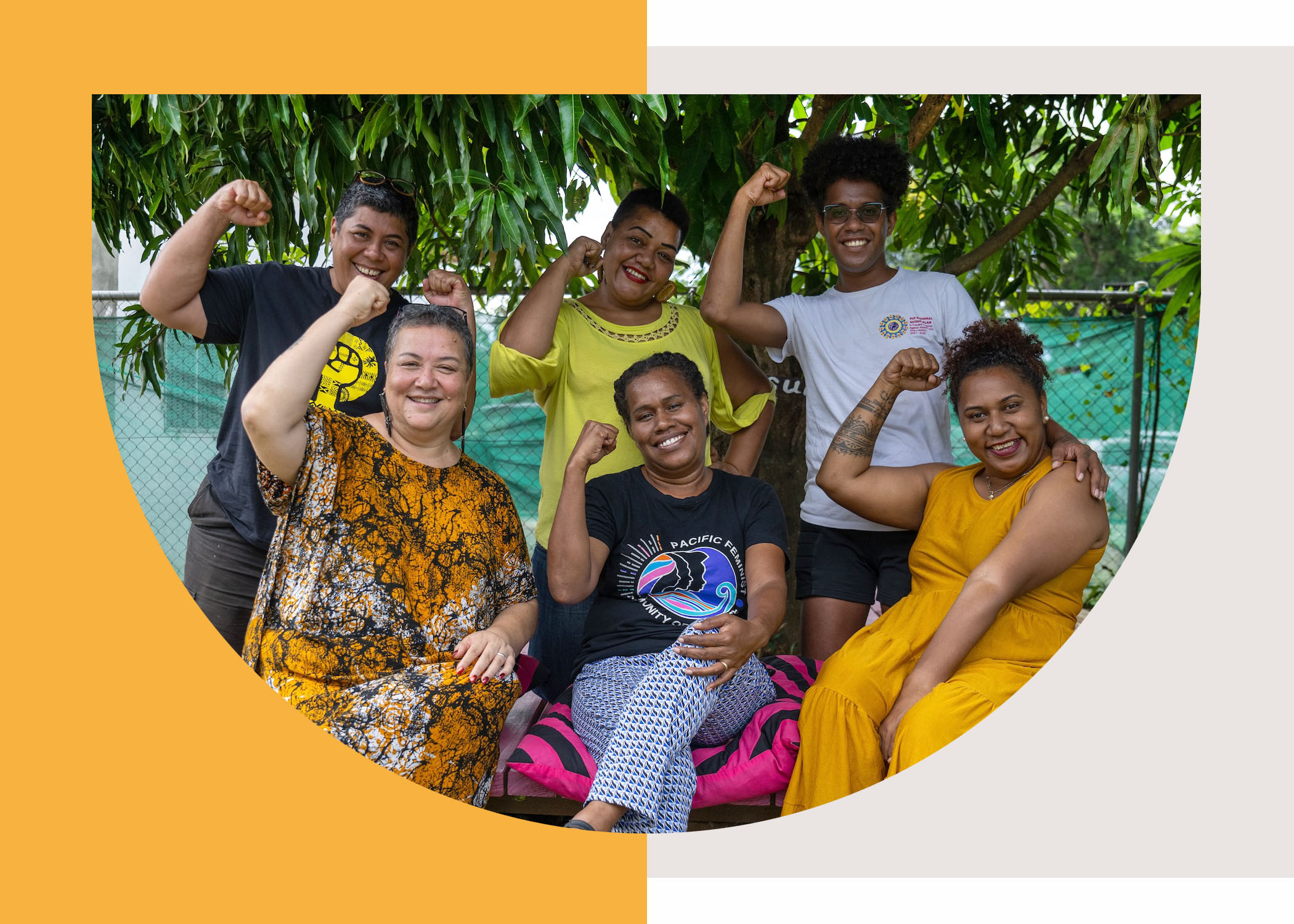Lebanon | Founded in 1979 | Thousand Currents Partner since 2024
Amel Association International (Amel)
Advancing thriving livelihoods and health for diverse communities
Amel Association International (Amel) is dedicated to delivering essential public health services to marginalized communities in Lebanon, including refugees, women, and young people from diverse ethnicities and backgrounds. The organization was established by a group of doctors in 1979 during the Lebanese Civil War to promote the right to health for all communities in the country. Amel’s vision of health for all encompasses basic human rights to food, healthy livelihoods, water, environment, and freedom from violence.
The organization collaborates with grassroots communities to foster a culture of solidarity, organizing, and movement-building. Key components of Amel’s work include:
- Grassroots Community Centers: Amel works in partnership with community-based centers for its programs and outreach that include health and mental health support, vocational training, food services, educational services for youth, livelihood programs, emergency response, as well as other needs identified by the community. The community centers lead in local advocacy to ensure the people’s right to good health.
- Economic Justice: Amel supports domestic workers and women, addressing issues such as labor rights, exploitation, discrimination, violence, and trafficking of migrant domestic workers. The organization provides social, health, and legal services to such workers. Additionally, Amel supports economically disadvantaged women, including both local and refugee women, by promoting their livelihood initiatives like selling crafts and artifacts produced by the women, drawing on their traditional cultural knowledge.
- Food Sovereignty: Amel collaborates with various organizations to support refugees in producing their food through agroecological knowledge, technical training, and accessing Indigenous seeds. Amel also works with small women’s cooperatives for food production, processing, and training.
- Advocacy and Mobilization: Amel mobilizes the community to demand for clean water, food, and address gender-based violence as part of their holistic vision for the right to health. Amel also engages in national and global advocacy campaigns through its membership in the global People’s Health Movement.
Related Stories

February 5, 2025 —
Asia and The Pacific
Photo Essay: Finding Resilience in the Ruins

July 11, 2024 —
Asia and The Pacific
Photo Essay: Our Land, Our Future

March 18, 2024 —
Climate Justice
All Struggles Are Connected: Diverse Voices and Action for Equality


